7 Herbs To Keep Your Brain Young As Your Body Ages

There’s something you need to know. Believe it or not, getting older wasn’t always synonymous with losing your mind or brain power.
It’s a horrible misconception in our society that, as you head over the hill, your brain is inevitably supposed to slowly turn to mush.
With the prevalence of age-related brain disorders at epidemic proportions, I can see where we’re getting the idea. So many people endure these excruciating diseases with loved ones and it’s hard not to feel like it could happen to you.
In order to understand how to save ourselves from this seemingly unavoidable demise, we have to understand our brain’s number one enemy: stress.
I’m not just talking about the kind you’ve probably been told to meditate away. That may help but it’s only a small piece of the puzzle.
I’m talking about the accumulation of all our lifestyle habits that put physical stress on the physiology of our brain. Sugar, sleep, toxic exposures, alcohol, and lack of movement are just a few ways we’ve created the perfect environment for degenerative brain diseases to take over.
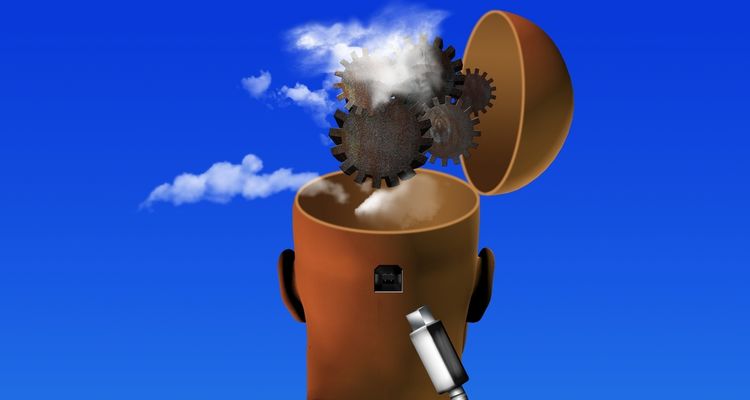
These cornerstones of the American lifestyle generate oxidative stress, inflammation, and instability within the body that all have a huge negative impact on the chemistry of the brain.
To truly grasp the importance of the interactions between stress, aging, and the brain, it helps to dig a little deeper into what happens as our DNA gets older.
One of the most fascinating discoveries to emerge out of research on aging is something called telomeres. Telomeres are special little regions at the end of our chromosomes that get shorter and shorter each time our DNA replicates. This shortening of telomeres determines our biological rate of aging and is intimately linked with degeneration of the brain.
You could think of telomeres like the rings you’d find on the trunk of a tree. However, instead of infinitely adding rings like trees do, as we get older, our finite length of telomeres counts down. Once those telomeres are gone, so are we.
The cool part is that they’ve also discovered how the interaction between our DNA and its environment can alter our telomere mechanism. While it’s not possible to stop them completely, it is possible to slow down the rate and the dysfunction with which they shorten and therefore reduce the pathological symptoms of aging.

I bet you can guess what’s responsible for speeding up and causing malfunction in telomere shortening. If you guessed inflammation and oxidative stress, you’re right.27
So there’s good news and bad news.
The good news is, we have so much more influence over the health of our brain than we realize.
The bad news? It involves throwing away all excuses that include the phrase “getting older,” and taking matters into your own hands. You’re no longer allowed to be a passive bystander.
If you’re reading this article, I suspect you’ve either already begun to take initiative, or have been looking for some guidance on where to start.
Lifestyle factors are always the number one way to improve your health, but herbs can do amazing things to give you that extra bit of edge.
Maybe you’re trying to mitigate some habits you haven’t been able to fully kick just yet. Maybe you’re the epitome of health but you have a genetic predisposition you’d like to try and dodge.
No matter where you are in the journey to ultimate brain health, here are a few herbs that can help you along the way.
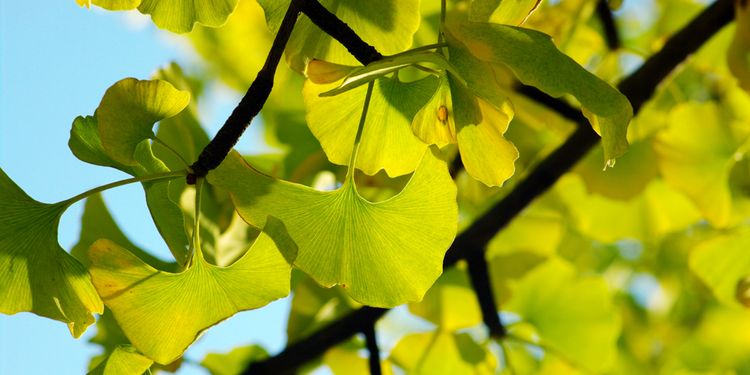
1. Gingko Biloba
Gingko is one of the oldest memory tricks in the book. No, literally. Estimated to be nearly 270 million years old, it’s considered the oldest tree in the world with no living relatives in existence.
Sometimes referred to as the “living fossil”, it’s survived in its original form with no evolutionary changes. They aren’t even sure how it’s related to other plants.1
Leaves and seeds from the Ginkgo tree have been used for thousands of years in Traditional Chinese Medicine, most notably for “blood disorders.”1 In simple terms, this means that it increases the efficiency of blood to move throughout the body. From a Western point of view, it’s like saying it can increase blood flow to the brain.
In clinical studies, it’s been shown to increase brain function in a wide range of ways. Not only does it increase cerebral blood flow, but it may also enhance the production of dopamine, which can positively effect cognition and motivation.2 It’s also been shown to have a positive effect on diabetic patients with cognitive decline.3
Its medicinal qualities are due to its unique botanical nature. There is no single plant chemical responsible for its effects, but rather the ancient combination of substances working as a team that give this plant its potency.4
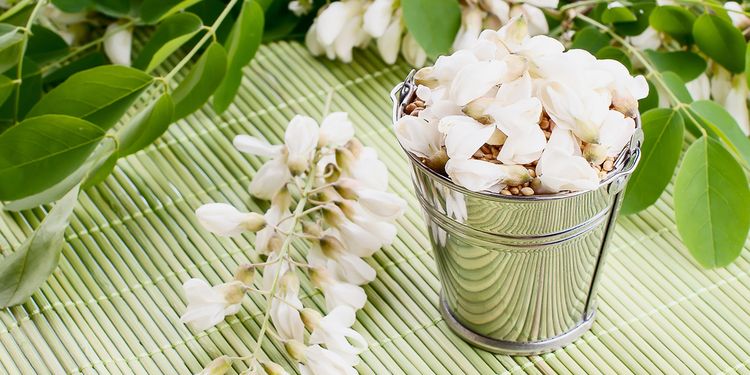
2. Bacopa Monniera
In the ancient Indian system of medicine called Ayurveda, this herb is said to cure mental disorders and reverse the loss of memory and intellect. In modern times, it’s been the subject of a wide range of studies on the possible pharmacological uses.5
In several studies, Bacopa improved the working memory in lab animals.6 In one, it was able to reverse the symptoms on amnesia-induced mice.7
Research on its mechanism of action has shown that it works as a neuro-protective antioxidant. You could think of it like a simultaneous mix between a housekeeper and body guard for your brain cells. Now who wouldn’t want someone like that around?
It may also enhance serotonin function, which plays a key role in strengthening nueroplasticity. Simply put, this could mean that it helps physiologically cement learned skills into your brain.8
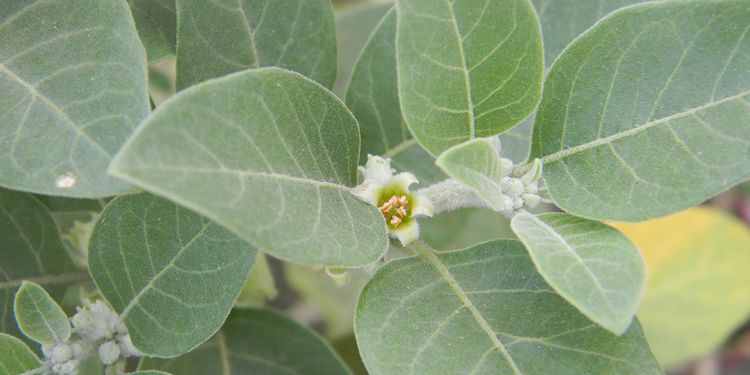
3. Ashwagandha
Another Ayurvedic powerhouse, it’s referred to as the “Queen of Ayurveda” for its diverse medicinal properties.9
This herb is considered an adaptogen, meaning it “adapts” its function to best suit the physiological needs of the person taking it. Its known for its ability to be an anticancer and antioxidant in addition to its vast range of uses, many of which are neurological in nature.
Though its acting mechanism remains unknown, its shown to have the potential to slow the symptoms of Alzheimer’s, protect against environmental neurotoxins, and enhance memory.10
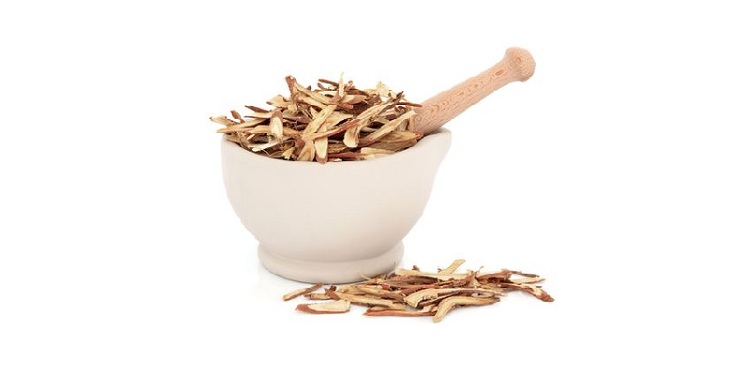
4. Licorice Root
If you’ve ever had black licorice, you know the sweet pungent taste of this root. You probably either love it or hate it. Long before becoming an ingredient in candy, Licorice was used in various ancient medical systems.
Considered a brain tonic, it’s shown significant memory enhancing abilities, in addition to being able to increase circulation to the Central Nervous System.11,12
Given its popular use in candy, it’s interesting that one way Licorice Root improves cognitive function is through its ability to aid in the regulation of blood sugar.
You’re probably familiar with the ways that poor blood sugar regulation is harmful to your physical health. However, you may not have heard how blood sugar dysregulation wreaks havoc on your brain.
Because glucose is your brain’s main source of fuel, its energy pathways are intimately tied to sugar metabolism. Just like excess blood sugar causes issues in the body, it also acts similarly on the brain. Some doctors are even starting to consider referring to Alzheimer’s as type three diabetes.13
Due to its hypertensive properties, this is not a good herb for anyone who struggles with high blood pressure.14
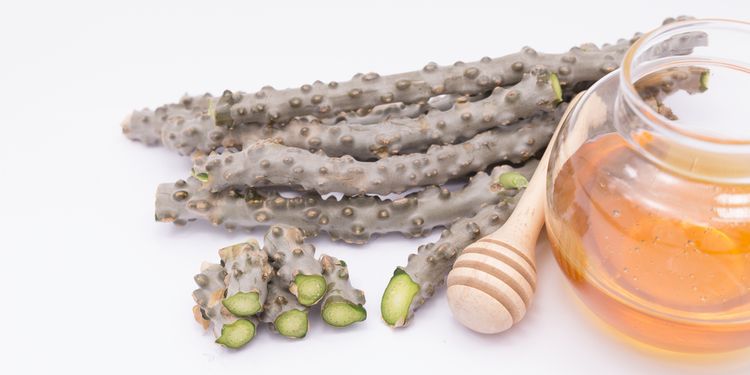
5. Guduchi
This Ayurvedic herb is best known for its immune properties, as well as its ability to help the body resist infections. At first glance this may not seem to tie it to brain health, but it’s exactly what gives this herb its niche as a brain tonic.
The immune response is designed to ward off attack, however, if it’s inefficient or malfunctioning it can cause a whole host of issues. Imagine waging war on your home turf. You’d want to get the job done with the most quick and efficient army possible. The longer you spend in battle, the more damage you’re doing to your land and natural resources.
Your brain is your ultimate natural resource. Guduchi is like the army general that’s going to get things done while making that resource its number one priority.
Trace elements are likely responsible for its unique combination of immunoprotective and cognitive enhancing qualities. These minerals act as antioxidants for free radicals generated during the immune response.15
In addition to its immune functions, Guduchi increases the uptake of acetylcholine, which enhances cognition. It may also scavenge and bind to lead in the blood, safely filtering out of the system, and has been shown to have a positive effect on children with behavioral and mental deficits. 16,17,18
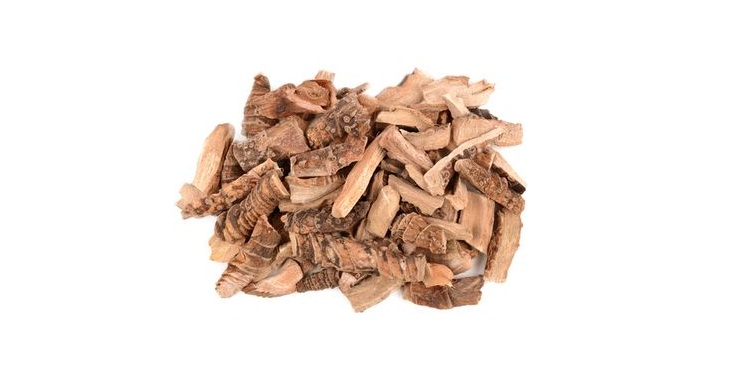
6. Calamus Root
Also known as Sweet Flag, it’s been used in both Indian and Chinese medicine for centuries to treat Central Nervous System disorders.19 In lab testing, it’s been shown to possess neuro-protective qualities.20
One study demonstrated that, even as an aromatherapy, Calamus was able to change the chemistry of the brain by inhibiting the enzyme that breaks down GABA.
GABA is a neurotransmitter that calms the nervous system and reduces excitability of the brain. It may sound counterintuitive, but having an over-excited brain is not necessarily conducive to higher brain function.
Stalling this enzyme causes an increase of GABA and a decrease in glutamate. Glutamate is necessary for brain function, but in a careful balance. Too much glutamate can cause the brain to become over-stimulated and is linked to disorders ranging from autism to schizophrenia.21,22
Just like over-exercise can cause harm to the body, more doesn’t necessarily mean better when it comes to preserving brain-power. Turning off is sometimes just as valuable as turning on.
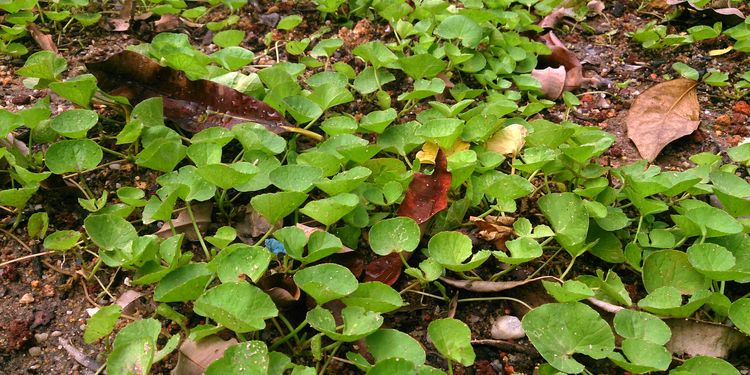
7. Gotu Kola
Another key player in both Chinese and Indian forms of medicine, this herb is used for its positive effects on aging of the brain.
Oxidant scavenging, brain growth promotion and seizure inhibition are just a few impressive points on this herb’s resume.23
One of its mechanisms of action may be its ability to aid in the growth of neural cell dendrites. Dendrites are long branches that give nerve cells their specific function of transmitting messages through the nervous system.
This could be extremely useful in maintaining brain function as stress, neurodegenerative diseases and aging can all damage neuron cells to varying degrees.24
It’s important to note that this herb presents some evidence of toxicity. It’s advised to limit supplementation to no longer than six weeks and to take a minimum of a two week break in between dosing.25

A Few Things to Keep In Mind
As with any herbal protocol, be sure to check with your doctor if you have any health concerns. Herbs are powerful medicines and deserve the utmost respect as you explore them. Just because something grows from the ground doesn’t mean that it can’t have negative effects.
Everyone is different and will respond to things differently. Test out small amounts, one at a time, and be sure to pay close attention to your reactions.
When it comes to purchasing herbs, quality has to be the number one priority. You’re better off taking nothing than taking a poor quality herbal supplement. Best case, you’re throwing away money, and worst case you’re exposing yourself to potential allergens or unfavorable ingredients.
A recent investigation into supplements sold at many massive chain stores discovered that some brands lacked any trace of the supposed herb on the label.26
Despite their power, herbs are no match for a lifestyle that inhibits their work. None of these herbs will ever serve the purpose of a magic pill. They are designed to support you and give you a boost but you have to put in the work too! The easier you make their job, the more they’ll help you.
